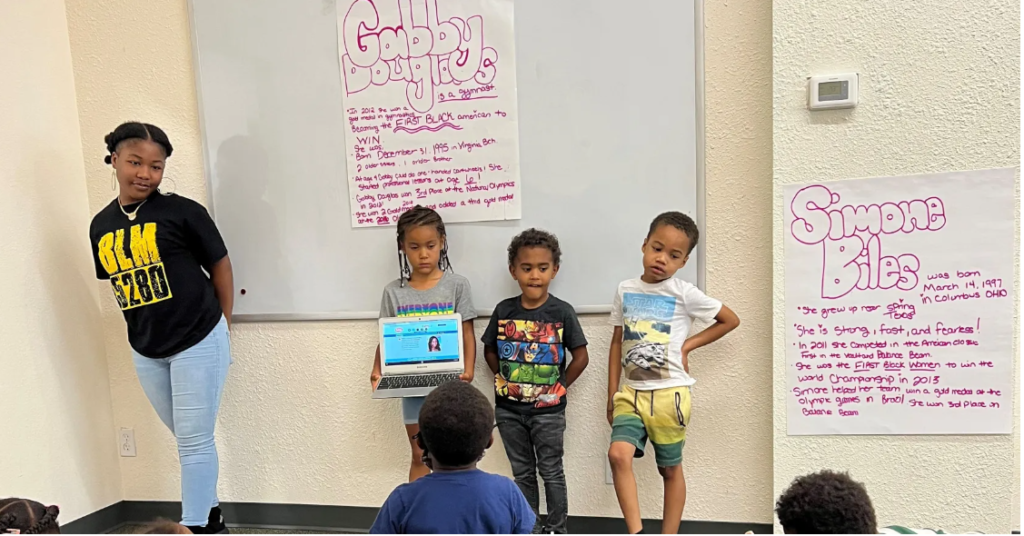(Editor’s note: This commentary originally appeared in CPEdNews’ partner publication, Boardhawk, an independent website dedicated to community-based commentary and advocacy-focused coverage of public education in Colorado, with a particular focus on Denver Public Schools and its Board of Education.)
If Denver Public Schools Superintendent Alex Marrero ever writes one of those management manifesto books that were once so popular, he should title it “Manage Like an Ostrich.”
Marrero this year cut off the main channel by which his subordinates can provide feedback on his leadership. The CollaboRATE Survey has been used by the district since the days of Tom Boasberg, and provided an opportunity for direct-reports and building leaders to offer their thoughts on the district’s leadership.
As I reported last year, Marrero is the first superintendent not to share his results with subordinates and the general public. But now he has taken it a step further and simply removed his name and the names of his senior team members from the survey altogether.
That’s management by denial, avoidance, cowardice, or whatever similar term you prefer.
It’s sticking your head in the sand and managing like an ostrich.
This deprives school principals of any opportunity to provide feedback on Marrero’s leadership and the leadership of other members of his senior team, as was always the case in years past.
“Marreo’s name isn’t even on the pulldown menu. There’s no chance to give any feedback of any kind,” one veteran principal told me.
In years past, school leaders could rate Marrero and other senior leaders on a series of Likert Scale questions. For example: “Overall is an effective leader.” “Is a person whom I trust.” “Models the DPS values.” “Is reflective, open to and grows from feedback.”
That opportunity has vanished into thin air.
I asked DPS for an explanation. Communications chief Bill Good acknowledged that Marrero and others have been removed from CollaboRATE. “Our goal with the changes this year was to tweak the current system so that our leaders received the most relevant and actionable feedback possible,” he wrote.
Consistent feedback from leaders across the district, including principals, was that they didn’t want “their own evaluations impacted by folks who are outside of their schools,” Good said. But a teacher from school X had never had the ability to evaluate a principal in school Y, so that’s a specious argument.
Good also said that “this does not mean that Dr. Marrero or other leaders do not receive feedback outside of the employees that directly report to them. DPS has several avenues outside of the annual Collaborate Survey for employees to share comments or concerns regarding anyone in the district.”
He did not elaborate on what those other avenues are, and people inside DPS with whom I spoke were baffled as to what those might be.
Is Marrero scared of what he might learn from anonymous survey results? The culture of fear inside the district is so pervasive these days that anonymous surveys are the only way most people would be willing to speak their truth to power.
“How is this possible? How are we required as school leaders to do this with our staff, which I support and benefit from, but evaluating our leader isn’t even an option? It’s just shocking,” the veteran principal said, requesting anonymity for obvious reasons.
Marrero has an effective public relations team that seems to devote a great deal of energy to making him look good, and to hiding the district’s manifest challenges behind a giant happy face.
Are there things to celebrate? Sure. Graduation rates are up. The district has done a commendable job dealing with an unanticipated influx of migrants.
But the district last year had a chronic absenteeism rate (missing 10 percent or more days of school in a given year) of 41.1 percent. Significant percentages of low-income students and students of color are years below grade level in math and literacy. Student safety remains a major concern.
If you know or have regular conversations with DPS employees, I suspect you know that under Marrero, discontent is high and growing. An effective leader would deal with this by doing a great deal of self-reflection, which includes listening to feedback, even when it hurts.
When I asked former Superintendent Boasberg last year why he had shared his CollaboRATE results, he gave a straightforward explanation.
“You can’t learn unless you get feedback from people,” he said. “Don’t be scared of feedback, welcome it. Accountability is not punishment, accountability is being able to be responsible about what your results are, and owning up to the things to really celebrate and the areas where you need to grow.”
It’s a sad state of affairs when the leader of an organization that exists to promote learning is unwilling to learn himself.
I hope members of the Denver school board are paying attention.




